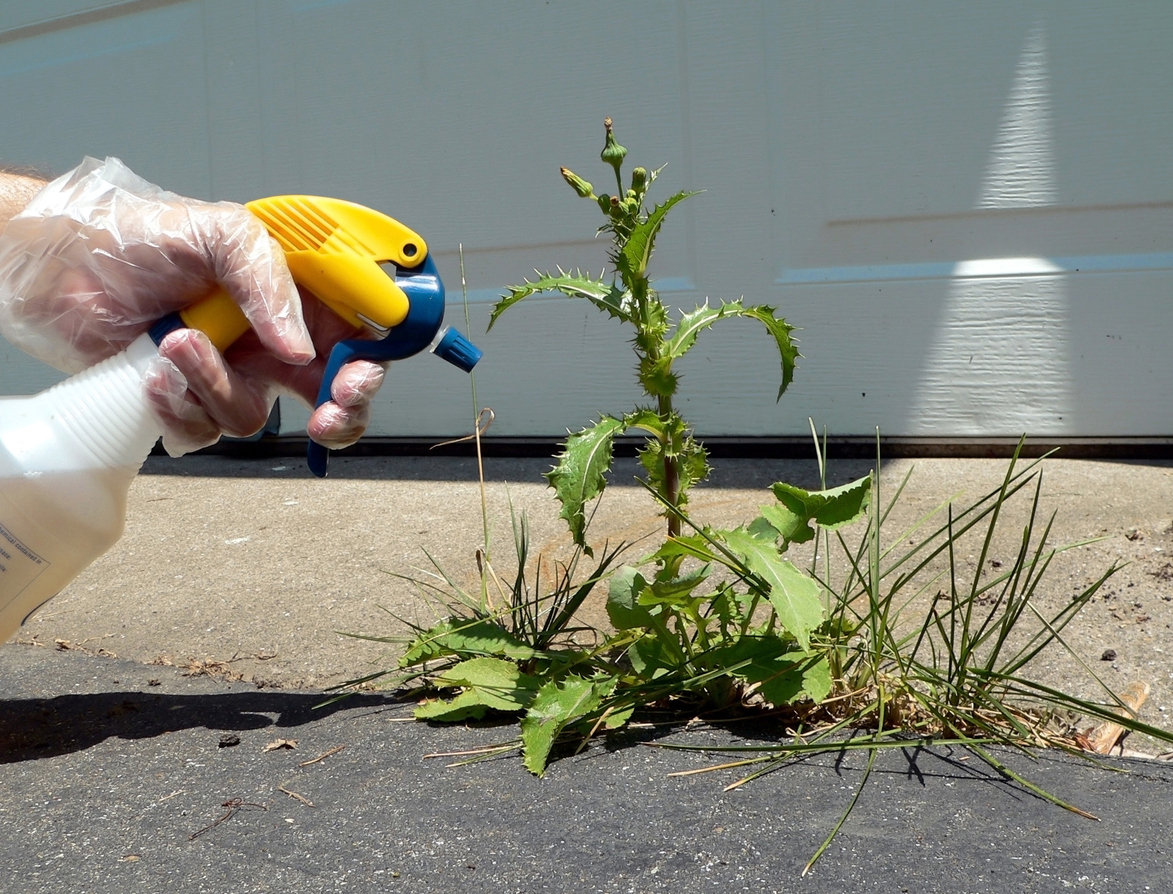After 18 months of stalled votes, the EU has voted to renew the license for weedkiller glyphosate for another five years. The current license was due to expire on December 15th.
Glyphosate — most commonly known by the Monsanto brand Roundup — is the most commonly used herbicide worldwide. European farmers have argued throughout the talks that there is no cheap, alternative weedkiller (Monsanto’s patent for glyphosate ran out in 2000), so a ban would cause food prices to skyrocket.
Activists calling for a ban on the herbicide have a strong following in Europe, citing recent studies that have linked it to biodiversity issues and health concerns. In March 2015, the International Agency for Research on Cancer (IARC) classified glyphosate as probably carcinogenic to humans.
However, this classification has been scrutinised and many scientists don’t believe the evidence is strong enough to warrant a ban, with the 2017 European Chemicals Agency Committee for Risk Assessment concluding that the available scientific evidence did not meet the criteria to classify glyphosate as a carcinogen. A recent review of court documents showed a US scientist refrained from publishing a large dataset which found no evidence of a link between glyphosate and cancer, which may have changed the IARC decision had it been included in their analysis.
Recently, New Zealand research found that some herbicides, including glyphosate, can cause bacteria to become less susceptible to antibiotics, fuelling antimicrobial resistance.
The UK SMC gathered expert commentary on the EU decision. Please feel free to use these comments in your reporting.
Dr Christopher Connolly, Reader in Neurobiology at the University of Dundee, said:
“The evidence on the risk to human health from glyphosate is highly controversial, making it difficult for politicians to make a sound science-based decision. It is alarming that it is so ubiquitous that it is found commonly in human urine.
We must make the next five years count, so that an evidence-based decision may be made at the end of this period. What is needed urgently is a completely unbiased review of the evidence against glyphosate, bearing in mind the level of exposure. Such evidence must come from a reputable source such as the International Unions of Pharmacologists and Toxicology (IUPHAR).”
Prof. Toby Mottram FREng, Founder and Chief Engineer at Milkalyser, said:
“This is a good news science story. Since one principle of toxicology is that response is proportional to dose, those who have had the most exposure to this substance over the longest period are most at risk and no studies of agricultural workers have shown increased risk of cancer, this should be the area most studied over the next 5 years.”
Prof. Ian Crute, Agriculture and Horticulture Development Board, said:
“For more than 40 years, glyphosate has enabled environmentally-beneficial tillage practices in arable agriculture globally through highly effective control of damaging perennial weeds. This decision removes a significant threat to the competitiveness of European farmers who can now breathe a sigh of relief.”
Declared interests: Independent Member, Agriculture & Horticulture Development Board
